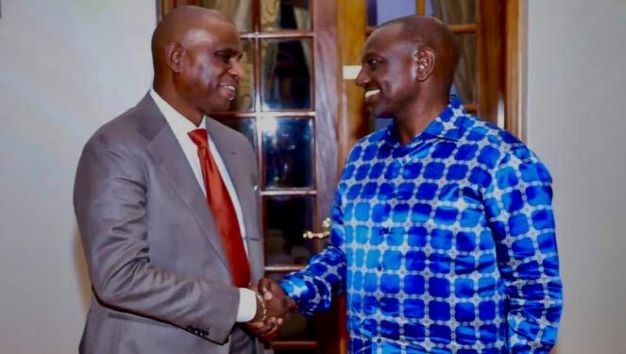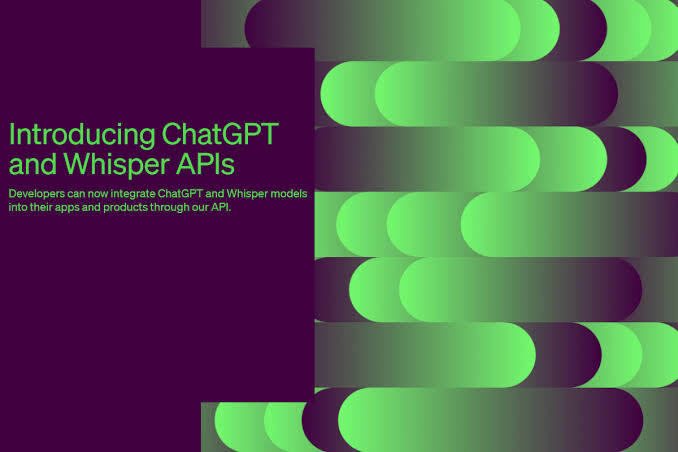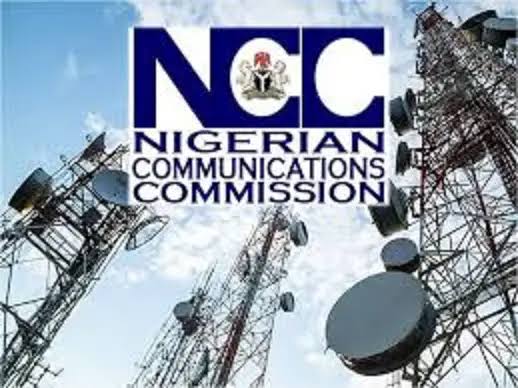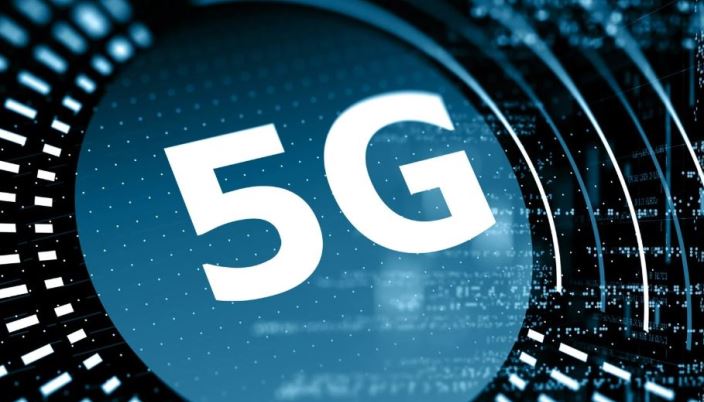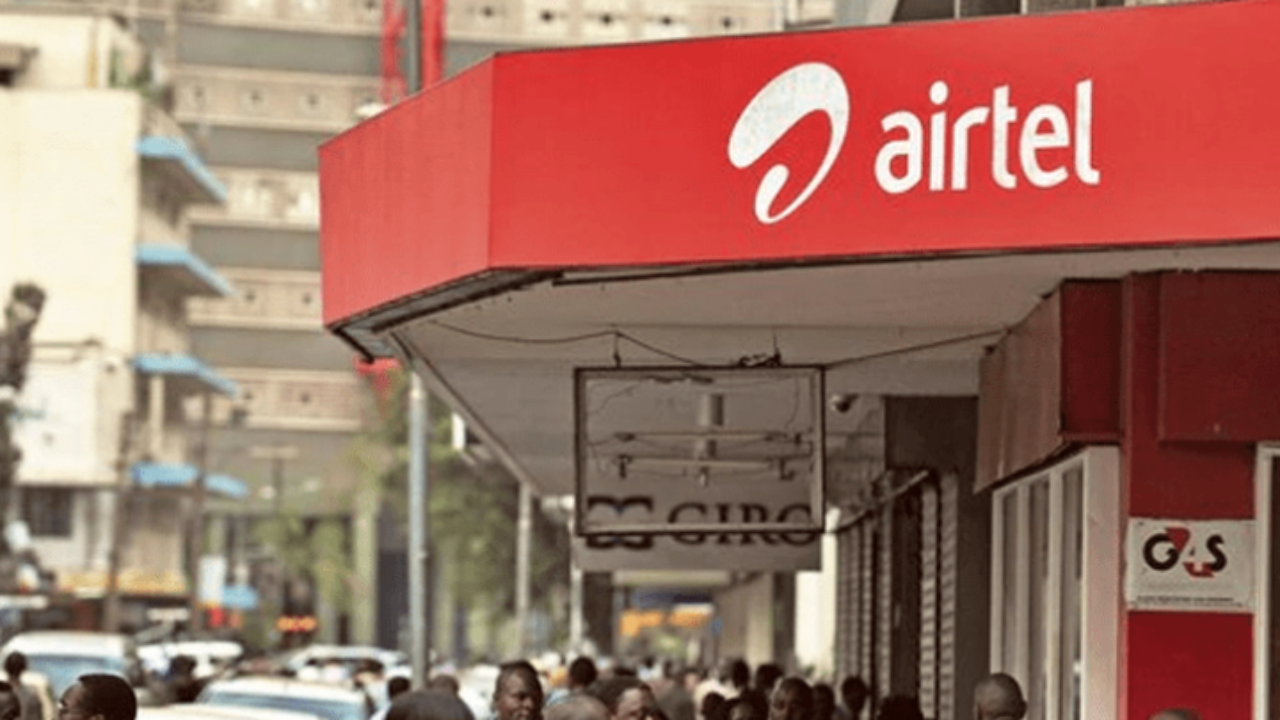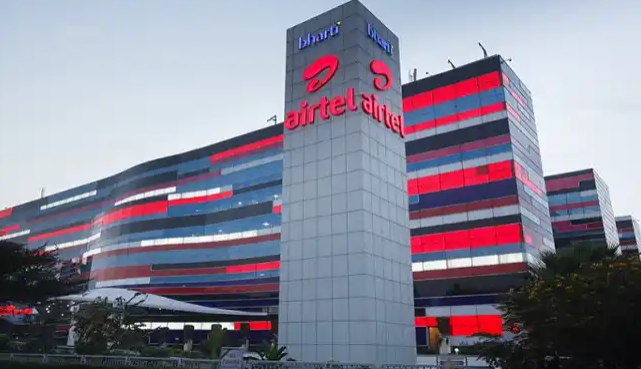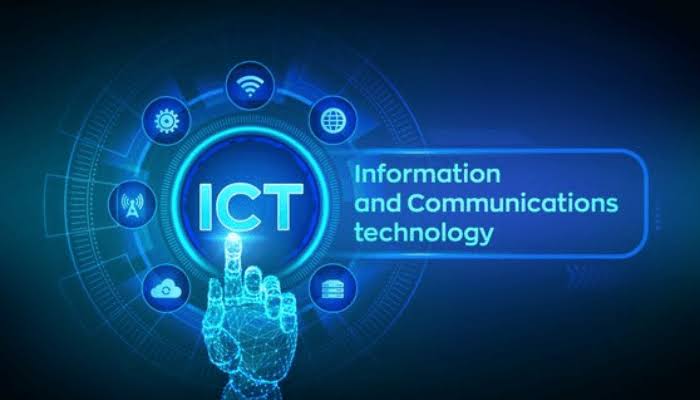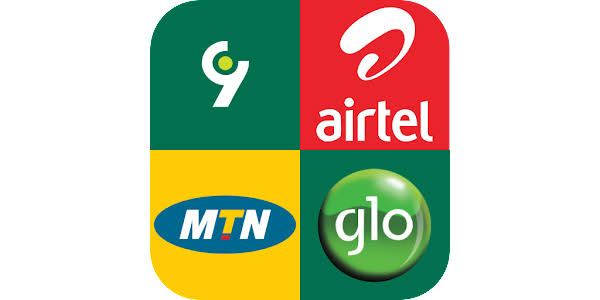Airtel Africa is in talks with the Kenyan government over the expansion of its digital transformation plans for the country and the African continent.
The Group Chief Executive Officer of Airtel Africa, Segun Ogunsanya, made a courtesy visit to the President of Kenya, His Excellency Dr William Ruto, Wednesday, February 22, 2023.
During the courtesy call to the State House in Nairobi, the conversations were centred around Airtel Africa’s initiatives to accelerate and deepen digital transformation in Kenya and throughout Africa.
Airtel Africa prides itself as a firm believer in the potential of the telecommunications sector.
Airtel’s Plans For Africa
Ogunsanya explained that the telecoms company sector possesses both the inherent potential and the opportunity to unlock economic advantages through the development of new solutions that are tailored to the ever-evolving and expanding requirements of customers.
They recognize the importance of working ever more closely with governments to achieve the firm’s vision for Africa.
Read also: Airtel Nigeria acquires 5g, 4g spectrums for $317 Million
According to Ogunsanya, “to effectively achieve this, and in pursuit of our vision to transform Africa, we acknowledge the importance of working ever more closely with governments to deliver on our vision for Africa and promise to our customers.”
Airtel Provides Affordable 4G Network For Nigerian Customers
Meanwhile, to increase digital inclusion across Nigeria and the African continent, Airtel Nigeria has partnered with a phone maker, itel, to allow customers to acquire affordable 4G smartphones.
To enjoy the 4G experience, customers are only required to purchase the itel A60 smartphone, insert an Airtel 4G SIM card, and get 5GB data to browse the internet and connect to different social media platforms.
“The itel A60 is specially packaged with a 5GB data, which is accessible once you purchase and activate your phone with an Airtel 4G SIM,” the Marketing Director of Airtel Nigeria, Mr Ismail Adeshina, said at a briefing to announce the partnership between the two organisations in Lagos recently.
“We believe in enriching the experience of our customers, and we are aware that affordability is a major challenge when it comes to enjoying a 4G service.
“Therefore, this partnership allows us to offer our customers the opportunity to enjoy the 4G experience at a pocket-friendly price,” he added.
Also, the Director of Corporate Communications and CSR at Airtel Nigeria, Mr Adefemi Adeniran, said, “At Airtel Nigeria, we are driven by the global sustainability and business agenda of Airtel to increase digital inclusion across Nigeria and the African continent, and we believe that this partnership will help in accelerating this goal as it is focused on migrating customers on 2G and 3G to 4G.”
On his part, the Marketing Manager of itel West Africa, Mr Oke Umurhohwo, said, “in line with the 4G for Everyone tagline, the itel A60 will bring a different dimension to how the brand’s target users surf the internet and engender an overall amazing experience for customers.”
The entry-level Itel A60 has a number of unique features that set it apart from other phones in this category and provide the user with a unique experience while providing value.
The device offers a 5000mAh battery for longer uptime, 6.6″HD+ waterdrop full screen for an immersive display experience, 32+2GB memory, 8MP+QVGA rear camera + 5MP FF camera+AI selfie, as well as facial recognition and fingerprint protection.
